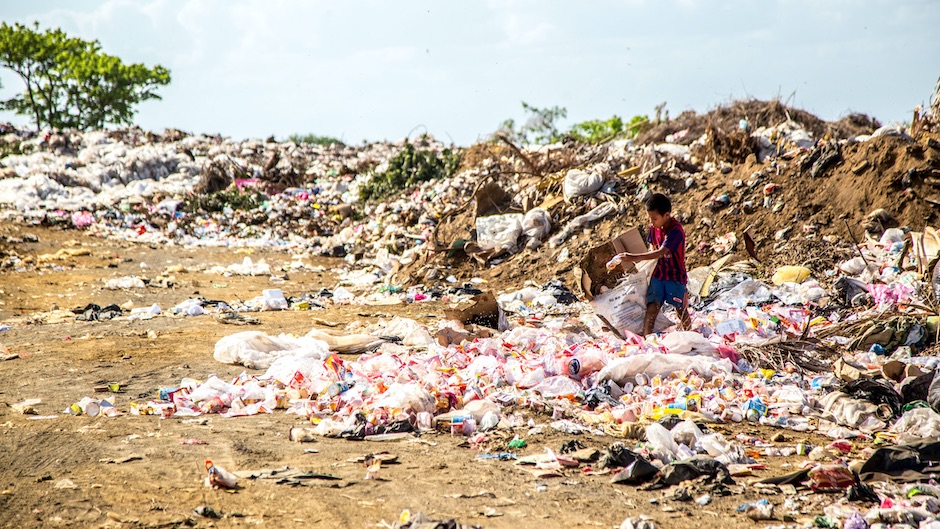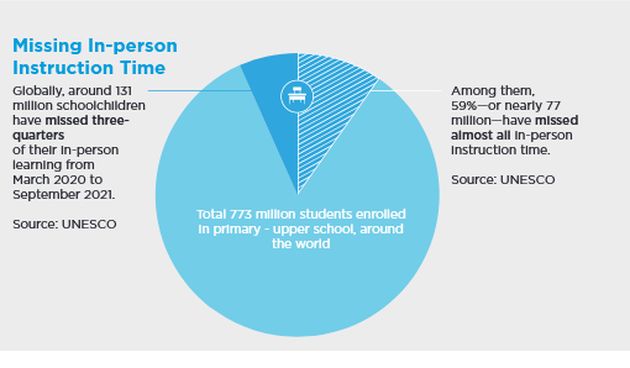Global extreme poverty has grown in the pandemic years
It is the first increase in the last 20 years, says the UN. The conflict in Ukraine is further aggravating the situation.
Protestante Digital · BALTIMORE · 23 MARCH 2022 · 16:00 CET

One of the effects of the Covid-19 pandemic has been the increase in extreme poverty in the world, which, according to the UN, had not occurred for 20 years.
The international body determined that the health crisis had left 120 million people in this situation in 2020, reaching 224 million worldwide.
The Christian organisation World Relief has published its own report analysing the impact of the pandemic on the world's population. According to the organisation, “97 million more people were pushed into poverty as a result of COVID-19”.
“COVID-19 has hit the world’s most vulnerable time and time again, with a ferocity many of us have not seen in our lifetimes. This pandemic has indeed grown into one of the greatest humanitarian issues in recorded history”, pointed out Myal Greene, President and CEO of World Relief.
“Three to four years of progress toward ending extreme poverty lost”
According to World Relief, the fight to eradicate poverty had achieved “a consistent downward trend of global poverty rates, from nearly 36% to just 10% of people at the extreme poverty level”, living on less than two dollars a day between 1990 and 2015. However, the pandemic has reversed this positive trend.
“Globally, three to four years of progress toward ending extreme poverty are estimated to have been lost”, stresses the report.
It specifically focuses on issues such as food insecurity, health and schooling, stating that although “expectations from the start of the pandemic showed that the number of people facing acute food insecurity would nearly double to 265 million by the end of 2020, forecasting today predicts that acute food insecurity is likely to deteriorate even further”.
Furthermore, Covid-19 has had a negative impact on healthcare work and the long-standing fight against diseases such as malaria and HIV.
Regarding schooling, the report warns that “children have lost over 1.8 trillion hours of in-person learning”, and “around 131 million children have missed three-quarters of their in-person learning from March 2020 to September 2021”.

It adds that “the number of children affected by COVID-19-associated orphanhood and caregiver death is estimated to have increased by 90% in just six months”.
Ukrainian conflict
In addition to the impact of the Covid-19 health crisis, there is the conflict in Ukraine. Apart from the domestic consequences for the country, with the UN warning that up to 90% of the Ukrainian population could fall into poverty within the next year, the war is also having a global effect.
The World Food Programme has warned that dependence on Russian wheat and Ukrainian sunflower oil is already worsening food assistance in Yemen, Ethiopia, Afghanistan and Syria, which were already experiencing the worst levels of starvation.
The entity estimates that over 283 million people worldwide will need food assistance in 2022, including not only the already more than three million refugees of the war in Ukraine, which along with Russia exports 30% of the wheat consumed worldwide, but also the stagnation of essential goods in the ports due to the conflict and the sanctions.
Published in: Evangelical Focus - life & tech - Global extreme poverty has grown in the pandemic years
